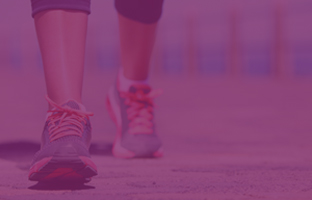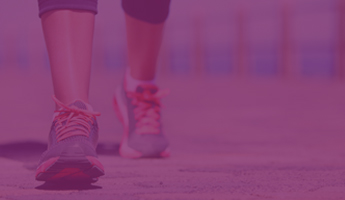There are many misconceptions surrounding women’s bladder weakness (incontinence), which can lead to women adapting their lives rather than finding management and treatment options for their bladder loss.
Frequently Asked Questions
Around 3.4 million women in Australia have bladder loss (incontinence). If you have some degree of bladder weakness, you are not alone.
Why is bladder control loss more common among women than men?
Women’s waterworks are quite different to men’s in many ways, and much more vulnerable to the type of problems (Muscle and new damage from childbirth, overweight, infections etc.) that can lead to bladder control loss.
Is bladder control loss a natural part of getting older?
No. Bladder control problems are not an inevitable part of getting older. A large proportion of people with bladder control loss who seek medical treatment realise improvements, including complete restoration of bladder control.
Does going through childbirth always result in bladder control loss?
Definitely not. Approximately 1 in 3 women who have had a baby experience some degree of bladder control loss. The vast majority of women who have babies do not have bladder control loss and of those who do, most have a slight and temporary problem just before or just after childbirth.
Do sanitary products absorb urine?
Sanitary pads and panty liners are NOT designed to collect urine – they are designed to collect blood. A well-designed product for bladder weakness can provide you with enough confidence to allow you to carry on your normal activities.
Poise® liners, ultrathins and pads for bladder weakness come in a good range of styles and sizes, and are sold in pharmacies as well as supermarkets. Our product selector tool can suggest the best Poise® products to suit your needs.
I’ve been hearing a lot about “overactive bladder” – what is this?
Overactive bladder is simply another name for urge incontinence, bladder irritations or unexpected muscle spasms that force urine out of the bladder.
Can my diet affect my bladder control?
Yes, watching what you eat and drink can help. Be sure to drink plenty of fluids – at least 1.5 litres per day. Avoid drinks that can cause excessive urine production such as caffeine and alcohol. Also avoid acidic juices like grapefruit juice and tomato juice that can irritate the bladder.
Constipation can also contribute to bladder control problems. Eat foods that are high in fibre to help you stay regular. Be sure to check out the Why Women section for more bladder management tips.
Does weight have an effect on bladder control?
Yes. Even a few kilos can make a difference. A five to ten percent weight loss can help improve bladder control by reducing intra-abdominal pressure.
What treatments are available for bladder control loss?
For all types of urinary incontinence there is almost always something that can be done.
Keeping a bladder diary, undertaking bladder training and pelvic floor exercises all have proven very successful in improving urinary incontinence. Medical science continues to discover more options for treatment and management every day. Surgeries are now less invasive with fewer side effects and quicker recovery. More medications are available and absorbent products have improved a great deal.
Your doctor will be able to recommend the right treatment for you. See our Regain Bladder Control section for more information.
What about medications, could that be the cause?
Be aware that some medications may contribute to your bladder control problems. For this reason, consult your doctor regarding your bladder problems and be sure they know about all prescription and over-the counter medicines you’re taking. There are also prescription medicines that can help bladder loss management. Be sure to talk to your doctor for advice.
This content is not intended to be a substitute for professional medical advice, diagnosis or treatment. Always seek advice from a qualified health care professional with any questions regarding your concerns.







